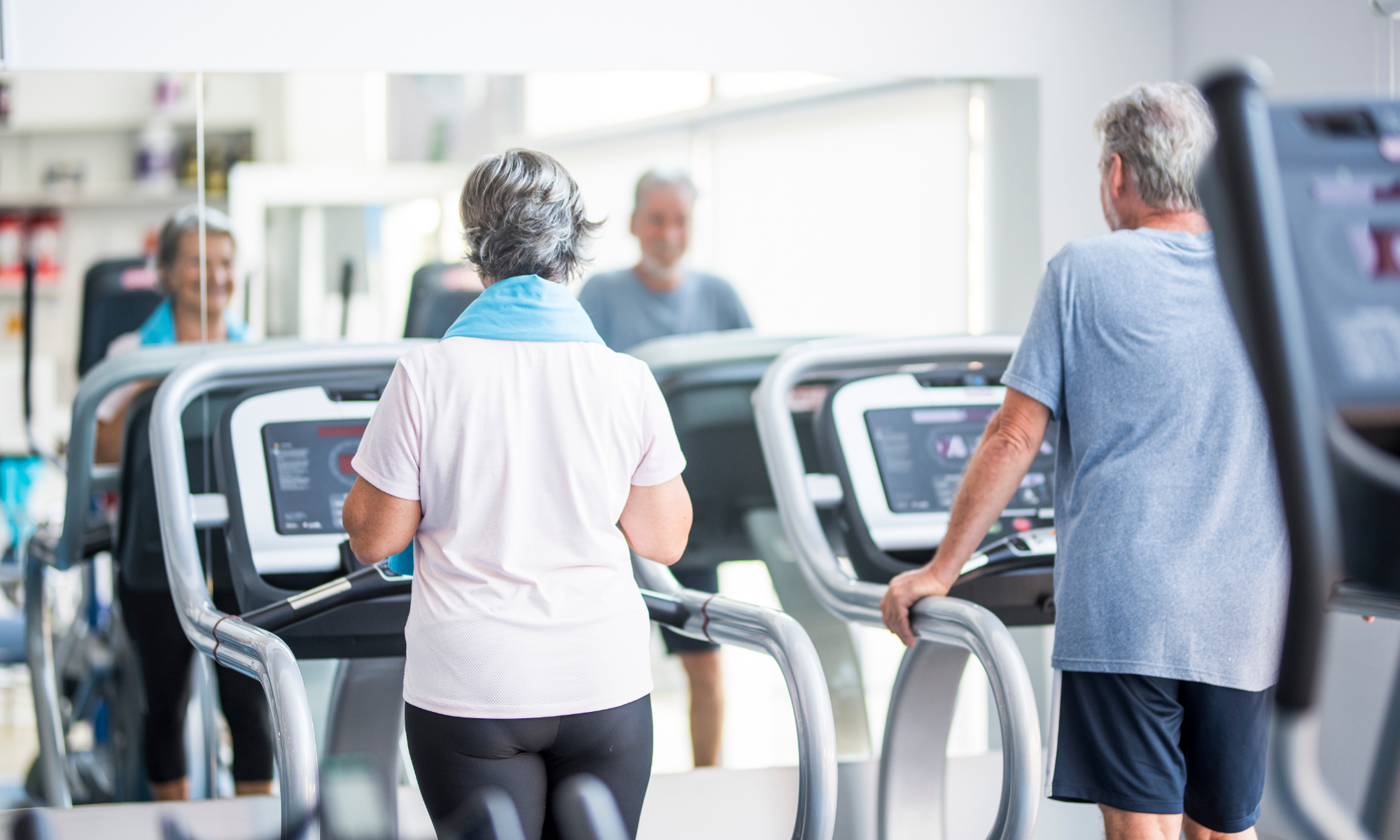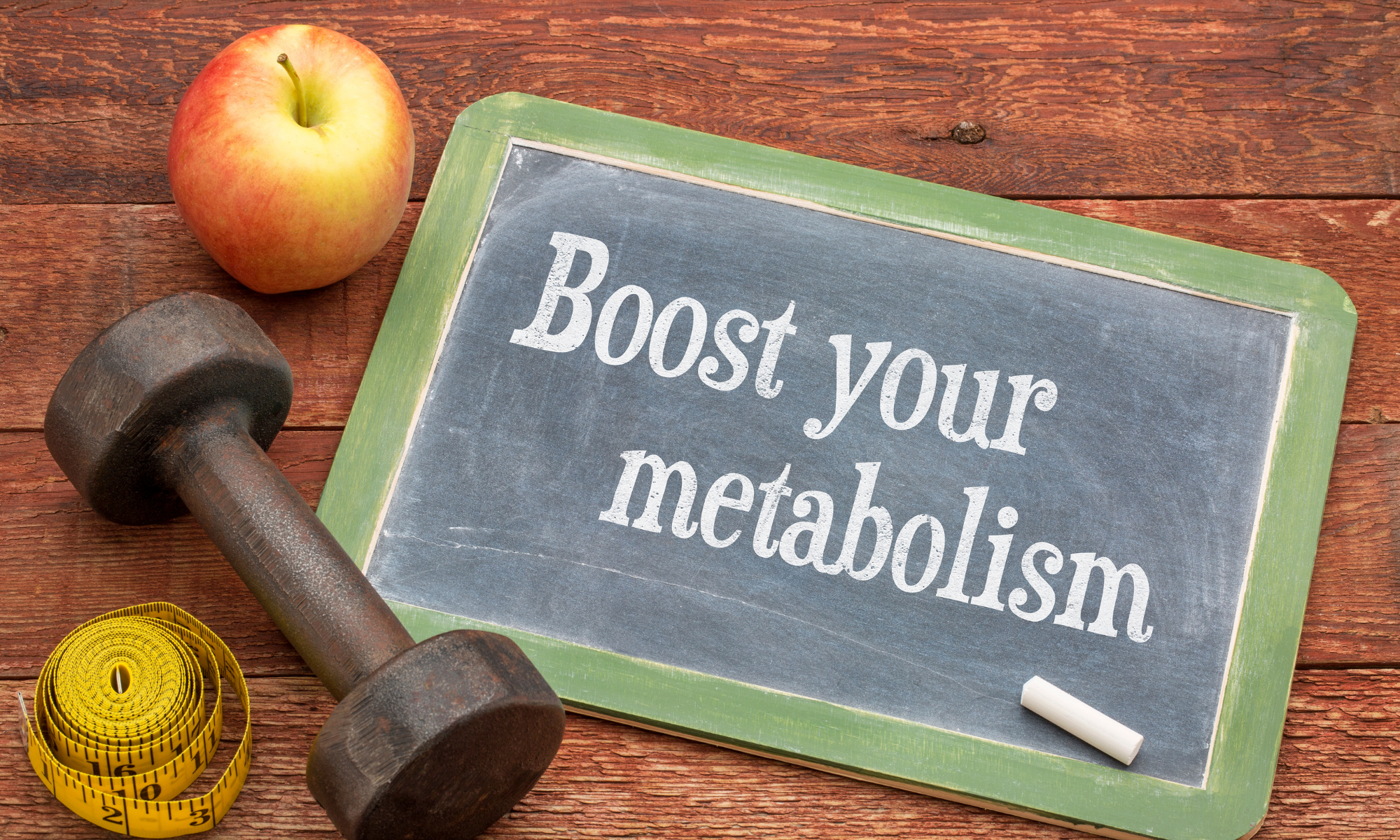What Affects How Many Calories You Burn? 6 Factors to Consider
Written by TYE Medical on Feb 25th 2022
Ever wonder why your friend can engage in the same workout as you for the same amount of time and burn a different number of calories? Why do calorie burn rates vary so much from person to person, and is there anything you can do to increase how many calories you burn?
It’s all about metabolism, a broad term for the many bodily processes involved in breaking down nutrients into energy for fuel. Metabolism is far from simple, but some factors play a bigger role in how quickly or slowly you burn calories than others. Here are the top 6 factors affecting how many calories you burn.
1. Your Body Weight
Typically, the more you weigh the more calories you’ll burn during a workout session. Calories measure energy, and it takes more energy to move your body when you weigh more. You might have noticed that you burned more calories during a session before you lost those extra pounds. Now you might have to exercise longer or with more intensity to reach the same level of calorie burn.
Larger people tend to have larger internal organs (lungs, heart, liver, kidneys), which plays a significant role in how many calories you burn, even at rest. These larger organs require additional energy to function.
Since you burn fewer calories as you lose weight, it’s common for your weight loss momentum to stall at some point. People often refer to this as a “plateau.” Your metabolism has changed and requires a different approach to maintain a calorie deficit.
Experts recommend working with a dietician if you hit a plateau in your weight loss. They can help you find a healthy way to meet your goals.
2. Your Muscle Mass
Since muscles burn more calories than fat tissue, having a greater muscle mass means more calories burned per session. Even if you and a friend weigh the same, if a higher percentage of your weight is due to muscle mass, you’ll burn more calories than your friend.
Statistics say that one pound of muscle burns about five calories per day. The more muscle you have, the more they contract during exercise, requiring additional energy. This translates to more calories burned. If you want to boost your calorie burn, try engaging in more strength training to build muscle, burn more fat, and see more long-term weight loss results.
3. Your Biological Sex

Men have a greater advantage when it comes to metabolism and calorie burn rate. Men tend to burn more calories at rest and during exercise than women. This is mostly due to their generally larger size and greater muscle mass, even as compared to women of the same age and weight.
Men burn 5 to 10 percent more calories at rest than women. Expect to see that percentage increase with exercise. Women can increase muscle mass through strength training but won’t be as lean as men. Regarding ratio of muscle to fat, men will always have a higher muscle ratio because of genetic differences. Women are predisposed to store more fat for the purpose of hormone production and childbearing.
4. Your Age
You’ve probably heard that you lose muscle mass as you age. Some studies suggest that you can lose up to 3 to 5 percent every decade after age 30. But no one knows exactly why this is the case. The most accepted theory is that your body becomes more resistant to hormones that play a key role in muscle maintenance.
And since the percent of muscle mass in your body directly affects your metabolic rate, this age-related loss translates to a lower calorie burn rate. The degree to which this happens depends on each individual and may affect some more than others. This is where strength training can play a key role in maintaining a healthy metabolism even while you age.
5. Your Workout Routine

Have you ever noticed how many more calories you burn when you begin a new workout routine? After a while, you might also notice a drop and plateau in your calorie burn rate when continuing with the same workout.
The key is to diversify your activity. Your body adapts to the same routine, and it becomes easier. This means you’ll eventually burn fewer calories while engaging in the same workout. Essentially, you’re becoming more fit and utilizing calories more efficiently. But if your goal is to burn more calories and lose fat, this can be a detriment.
Once you sense your body is adapting to a workout routine, and you notice a drop or plateau in how many calories you burn each session, consider making a change to your routine.
6. Your Workout Intensity
It’s also possible that you’re burning more calories than your friend during the same workout, because you’re exercising at a higher intensity. A high intensity workout means that you’re breathing heavily and can’t conduct a conversation. It also means that you’re burning nearly twice as many calories as someone exercising at a lower intensity.
But it’s also important to remember that exercise has benefits beyond burning calories. Even 150 minutes of low intensity exercise each week provide many health benefits, including lower blood pressure, less anxiety, and better sleep. So if a 3 mile jog just isn’t for you, it’s best to opt for something you can stick with, like a one-mile brisk walk.
Burn More Calories, Lose Weight, and Improve Bladder Leaks

Excess weight can increase internal abdominal pressure, weakening the pelvic floor and putting more stress on organs like your bladder. This can cause varying degrees of bladder leaks and stress incontinence.
When you increase your calorie burn, you’re more likely to lose the extra pounds that contribute to your incontinence symptoms. So as you work toward this goal, consider TYE Medical’s line of products for light to heavy incontinence.
Shop our online store and receive free, discreet shipping on all orders!


